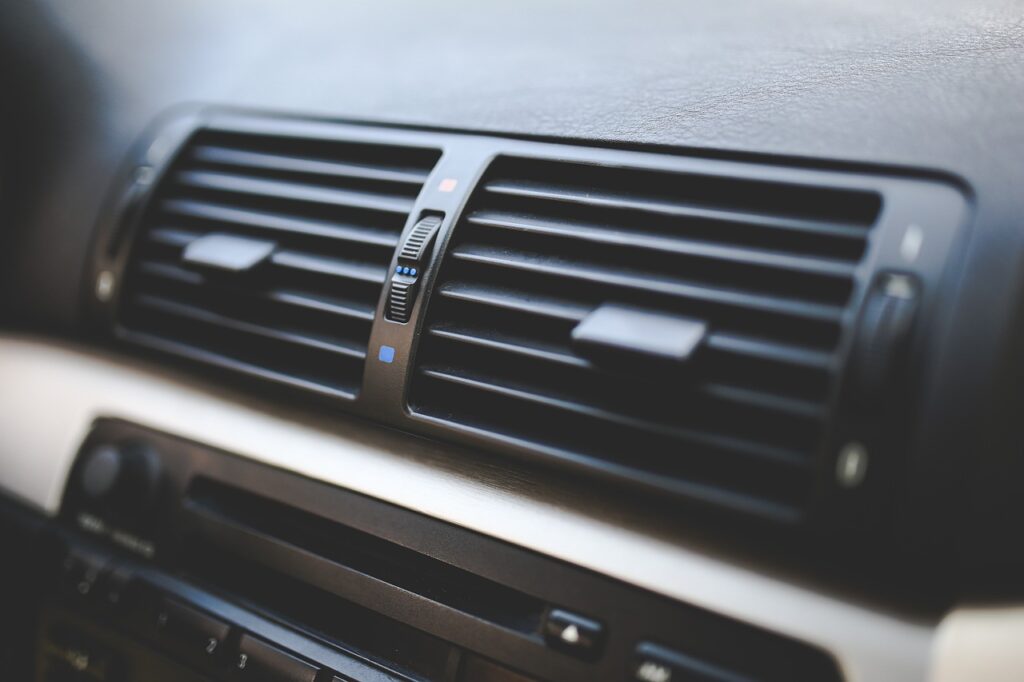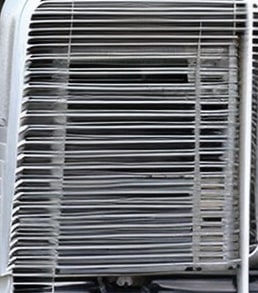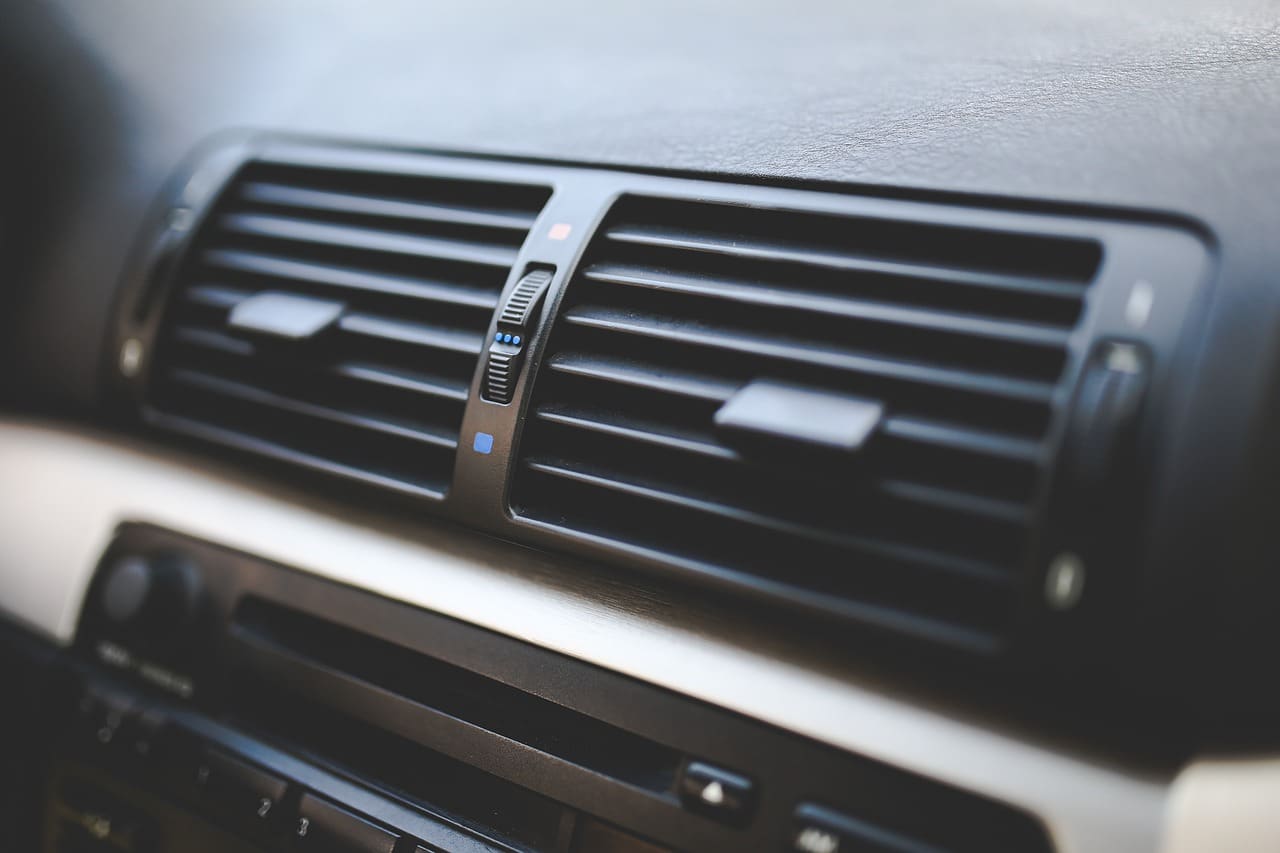
When it comes to keeping your vehicle cool and comfortable, the car AC evaporator plays a crucial role. This often overlooked component of the air conditioning system is responsible for cooling and dehumidifying the air before it reaches the cabin of your car. In this article, we will delve into the intricacies of the car AC evaporator, exploring its functions, the importance of regular maintenance, common problems, and troubleshooting tips. By the end of this article, you will have a better understanding of how to take care of your car’s AC system and identify potential issues.
Understanding the Car AC Evaporator
[lasso id=”5505″ link_id=”2455″ ref=”amzn-lubegard-96030-kool-it-evaporator-and-heater-foam-cleaner” sitestripe=”true”]The car AC evaporator is a vital part of the air conditioning system, working in conjunction with other components to cool and dehumidify the air. Located behind the dashboard of your vehicle, the evaporator absorbs heat from the passenger compartment and removes moisture from the air. It accomplishes this by circulating refrigerant, which undergoes a phase change from a hot, high-pressure gas to a cool, low-pressure gas, absorbing heat from the surrounding air in the process. This cooled air is then circulated into the cabin, providing relief from the heat.
Maintenance: Why It Matters
[lasso id=”5505″ link_id=”2456″ ref=”amzn-lubegard-96030-kool-it-evaporator-and-heater-foam-cleaner” sitestripe=”true”]Proper maintenance of the car AC evaporator is essential to ensure the optimal performance of your vehicle’s air conditioning system. Regular cleaning of the evaporator helps prevent blockages caused by dirt, leaves, or other debris, which can impede airflow and reduce cooling efficiency. It is also crucial to have a professional technician inspect the evaporator for refrigerant leaks, as even small leaks can lead to a loss of cooling capacity over time. By addressing these issues proactively, you can avoid more significant problems down the line and enjoy a consistently comfortable ride.
Common Evaporator Problems

While the car AC evaporator is designed for durability, it can still experience certain issues over time. Some of the most common problems include refrigerant leaks, blockages, and corrosion. Refrigerant leaks can occur due to aging seals or connections, leading to a loss of refrigerant and reduced cooling performance. Blockages in the evaporator can result from the accumulation of dirt, leaves, or mold, hindering the flow of air and reducing cooling efficiency. Corrosion, often caused by prolonged exposure to moisture or other environmental factors, can weaken the evaporator and lead to leaks.
[lasso id=”5505″ link_id=”2457″ ref=”amzn-lubegard-96030-kool-it-evaporator-and-heater-foam-cleaner” sitestripe=”true”]Refrigerant Leaks
The car AC evaporator houses the refrigerant that is pivotal in the cooling process. Over time, due to wear and tear or physical damage, the evaporator may develop leaks. This will result in a loss of refrigerant, which directly impacts the effectiveness of your air conditioning. Indicators of a refrigerant leak could be diminished cooling efficiency or a visible leak under your car.
Blockages
The car AC evaporator also functions to dehumidify the air in the car. Over time, debris such as dirt, leaves, or even mold can accumulate in the evaporator, causing blockages. These blockages can obstruct the flow of air through the evaporator, leading to reduced cooling efficiency. If you notice a foul smell when the AC is on, it could be an indicator of a blocked evaporator.
Corrosion
In some instances, especially in areas with high humidity or coastal regions, the evaporator can experience corrosion due to exposure to moisture and salt. Corrosion can eat away at the evaporator over time, creating leaks or weakening its structure. Corrosion can often be identified by a professional during a routine maintenance check, but symptoms can include a sudden decrease in the cooling efficiency or refrigerant leaks.
These issues, if left unchecked, can lead to a poorly functioning air conditioning system, resulting in a less comfortable ride and potentially more significant repairs down the line. Regular maintenance and inspections can help catch these problems early, ensuring your car’s AC system remains in top shape.
Troubleshooting and Professional Repairs
[lasso id=”5505″ link_id=”2458″ ref=”amzn-lubegard-96030-kool-it-evaporator-and-heater-foam-cleaner” sitestripe=”true”]When faced with AC problems, it is essential to troubleshoot and seek professional assistance as needed. If you notice that your vehicle’s AC is not cooling effectively, it could be a sign of a faulty evaporator. Additionally, unusual odors or sounds coming from the AC system may indicate a problem with the evaporator or other components.
It is recommended to consult an experienced technician who can diagnose the issue accurately and perform any necessary repairs or replacements. Attempting to fix AC problems yourself without the proper knowledge and tools can lead to further damage and potentially void any existing warranties. Trusting a professional ensures that the job is done correctly and helps maintain the longevity of your AC system.
Car AC Evaporator: FAQs
[lasso id=”5505″ link_id=”2459″ ref=”amzn-lubegard-96030-kool-it-evaporator-and-heater-foam-cleaner” sitestripe=”true”]
Q: What is the function of a car AC evaporator?
A: The car AC evaporator plays a crucial role in cooling your vehicle. It absorbs heat from the cabin and allows the refrigerant to evaporate from a liquid into a gas, cooling the air before it’s circulated back into the car.
Q: What are common issues with car AC evaporators?
A: Common issues include refrigerant leaks, blockages due to accumulated debris or mold, and corrosion. Each of these issues can lead to an inefficient AC system.
Q: How do I know if my car AC evaporator has a problem?
A: Indicators of potential problems include diminished cooling efficiency, a foul smell when the AC is on, visible leaks under your car, or sudden refrigerant loss.
Q: Can I prevent issues with my car AC evaporator?
A: Regular maintenance and inspections can help catch potential problems early and keep your AC system in top condition. This can involve cleaning the evaporator, checking for leaks, and ensuring it is free of debris.
Q: What happens if my car AC evaporator needs to be replaced?
A: If the car AC evaporator is damaged beyond repair, it will need to be replaced. This should be done by a professional to ensure proper installation and functionality.
Q: How often should I service my car’s AC evaporator?
A: It’s generally recommended to service your car’s AC system, including the evaporator, every two years. However, the frequency may vary depending on usage and the car’s make and model.
Q: Can a faulty car AC evaporator affect fuel efficiency?
A: A malfunctioning AC system, including the evaporator, may cause the system to work harder, potentially affecting fuel efficiency. This impact is usually minimal, but it can add up over time.
Q: Can a dirty car AC evaporator cause health issues?
A: A dirty AC evaporator can accumulate mold and bacteria, which can be circulated in the cabin air when the AC is running. This can potentially cause respiratory problems or allergic reactions.
Q: Is there a way to clean the car AC evaporator myself?
A: While some car enthusiasts might tackle this task, it’s generally recommended to have a professional clean the AC evaporator due to its location and the complexity of the system.
Q: Can I use any refrigerant in my car AC evaporator?
A: No, you should use only the refrigerant specified by the car’s manufacturer. Using the wrong type could damage your AC system or reduce its efficiency.


